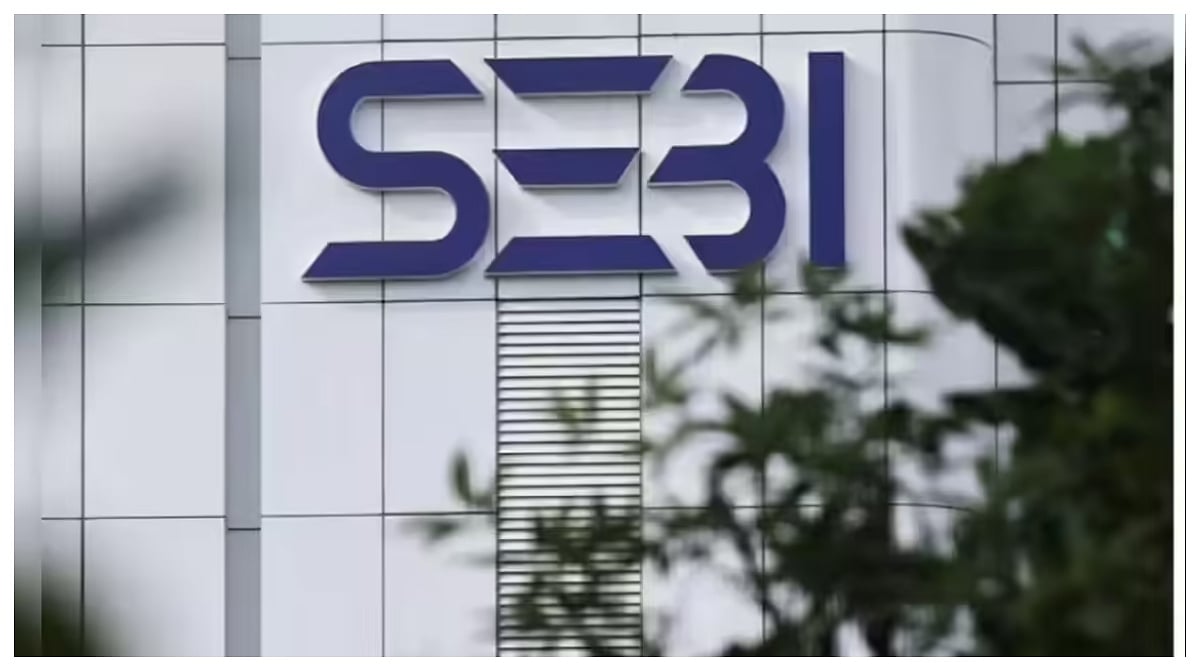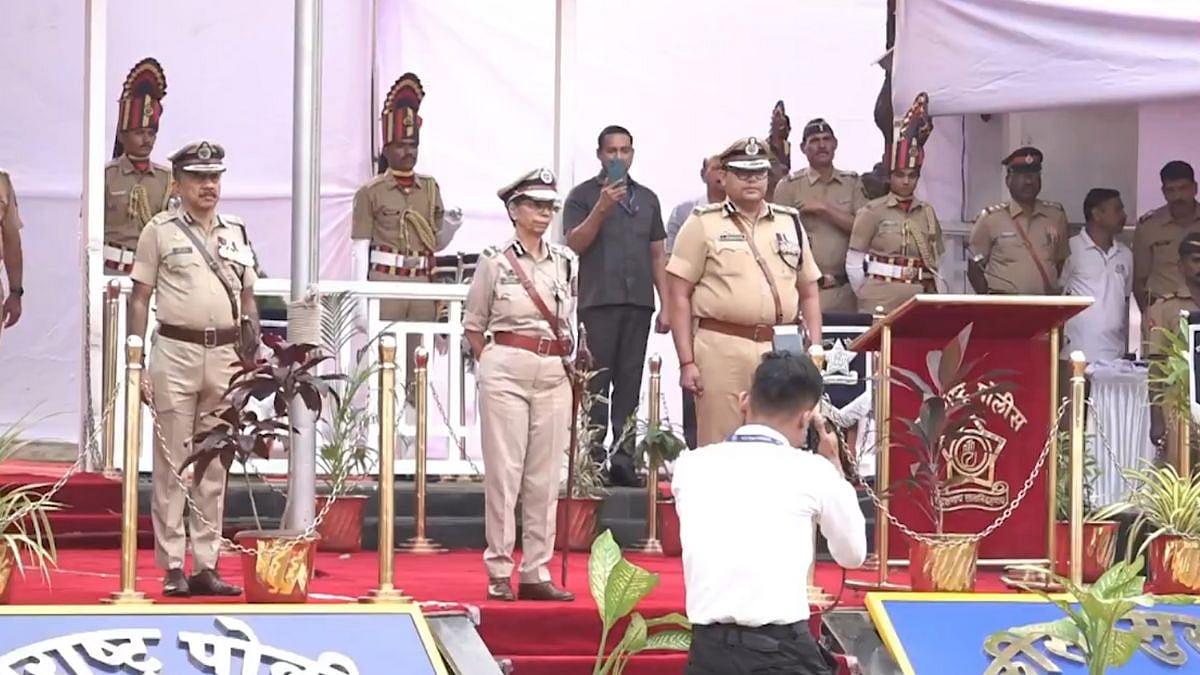Q. How safe is it to buy a flat in any redevelopment project? If the society terminates the development agreement with a developer, can home-buyers who have entered into an agreement for sale with such developer insist that the society honour the commitments of the developer and accommodate them in the same project? Is the society not legally bound to do so, since the redevelopment project becomes possible only through the money paid by new home-buyers? —– Prakash Athavale, Dadar (W) A.
It is true that re-development projects are substantially financed by homebuyers. However, it is equally true that during the intervening period, it is the developer who takes the risk and invests his money in anticipation of flat sales. Home-buyers intending to buy flats in such projects are therefore vulnerable to the society terminating the developer’s contract. In a redevelopment, the housing society enters into a development agreement with a developer.
The society grants development rights to the developer in return for new flats for its members, along with extra area, amenities, transit rent, and corpus funds. In consideration, the developer is allowed to construct and sell additional flats – the ‘sale component’ – at his own cost and risk. The society has no control over this sale component or the sale transactions. The agreement for sale is between the home-buyer and the developer, and the society is never a party to it. Such agreements must mention that the developer’s right to sell arises from the development agreement with the society.
Thus, two separate agreements exist in every redevelopment project: one between the society and the developer (development agreement), and another between the developer and the homebuyer (agreement for sale). If the society terminates the developer for valid reasons – such as delays, nonpayment of transit rent, or major breaches – the homebuyers have no rights against the society. They cannot legally insist on being accommodated in the project, as there is no privity of contract between them and the society. The society is not legally bound to accommodate home-buyers simply because they paid the developer who was terminated for default.
The homebuyers’ remedy lies only against the developer – for refund, interest, and compensation under Section 18 of RERA – often after a long legal battle. They cannot demand specific performance from society for possession. This may sound unfair, but it is the legal reality. The Bombay High Court has clearly stated this in its judgment dated October 14, 2019, in Goregaon Pearl CHSL vs Dr Seema Paryekar & Others. The Supreme Court dismissed the subsequent appeals. Even before RERA, the Bombay High Court held a similar view in the Vaidehi Akash case – that societies are not legally bound to accommodate home-buyers in redevelopment projects.
Given this legal position, home-buyers must invest only in redevelopment projects handled by financially sound developers with a good track record. Financially weak developers can create serious problems for both home-buyers and societies, leading to irreparable loss or costly delays. Hence, both home-buyers and housing societies should beware of financially unstable developers while booking flats or undertaking redevelopment.
(Advocate Shirish V Deshpande is chairman, Mumbai Grahak Panchayat. Queries can be sent to him on email: shirish50@yahoo.com)
To get details on exclusive and budget-friendly property deals in Mumbai & surrounding regions, do visit: https://budgetproperties.in/









